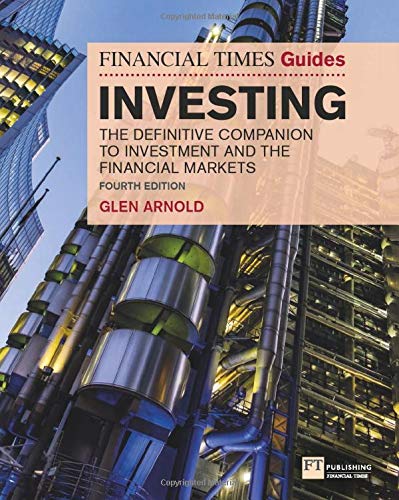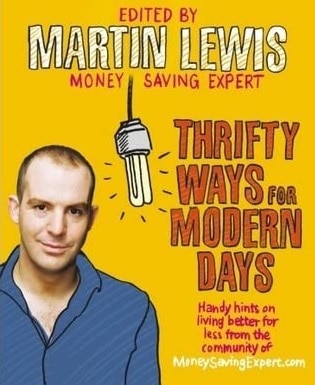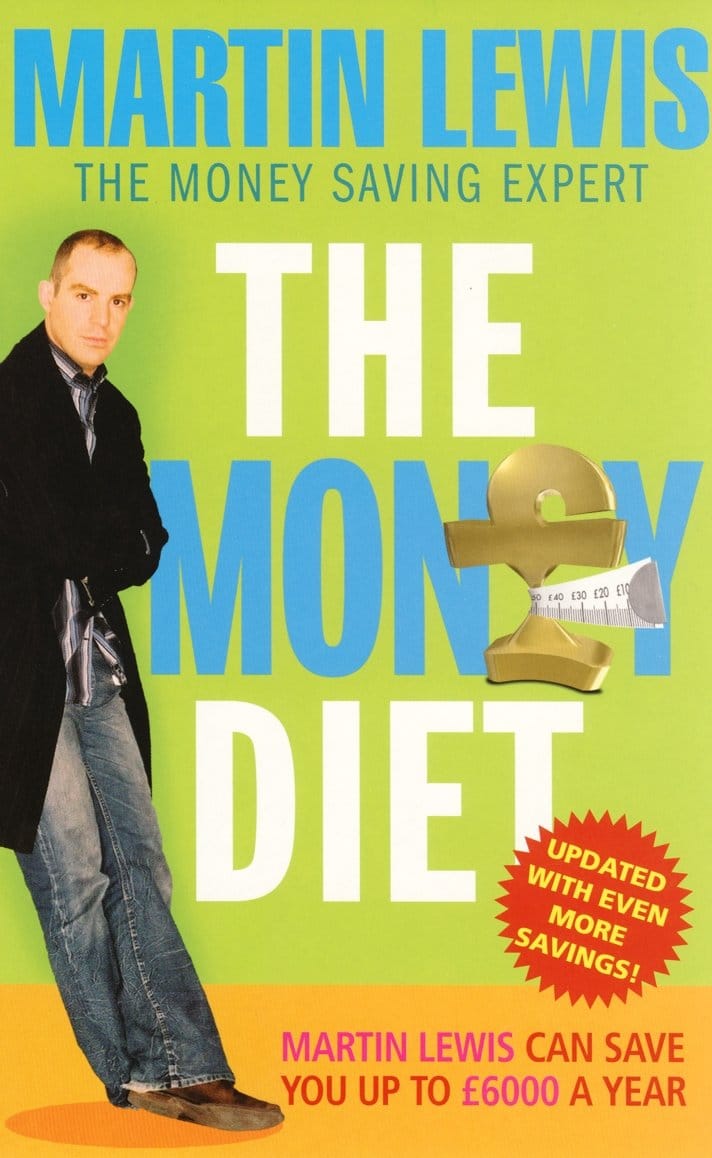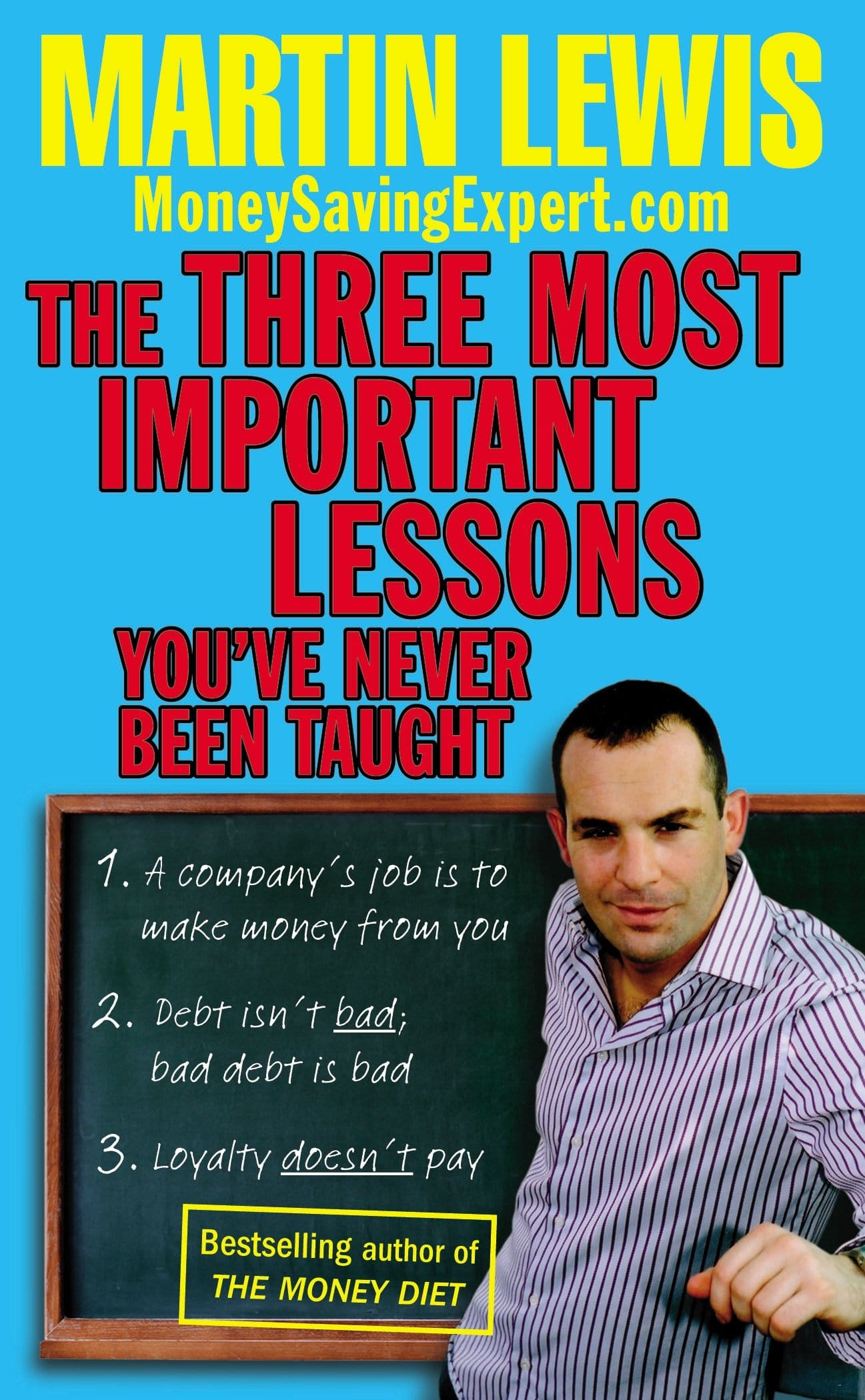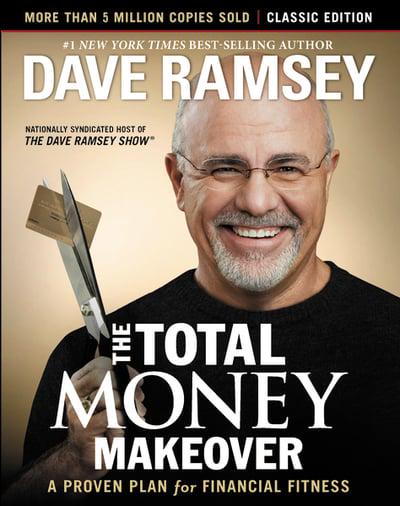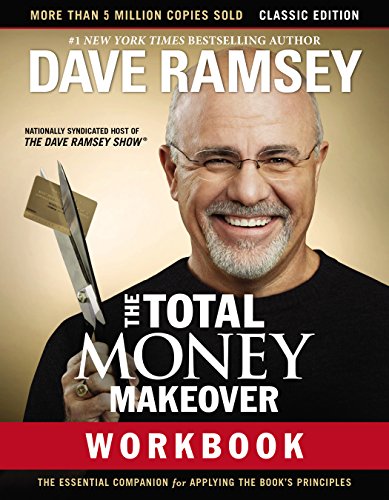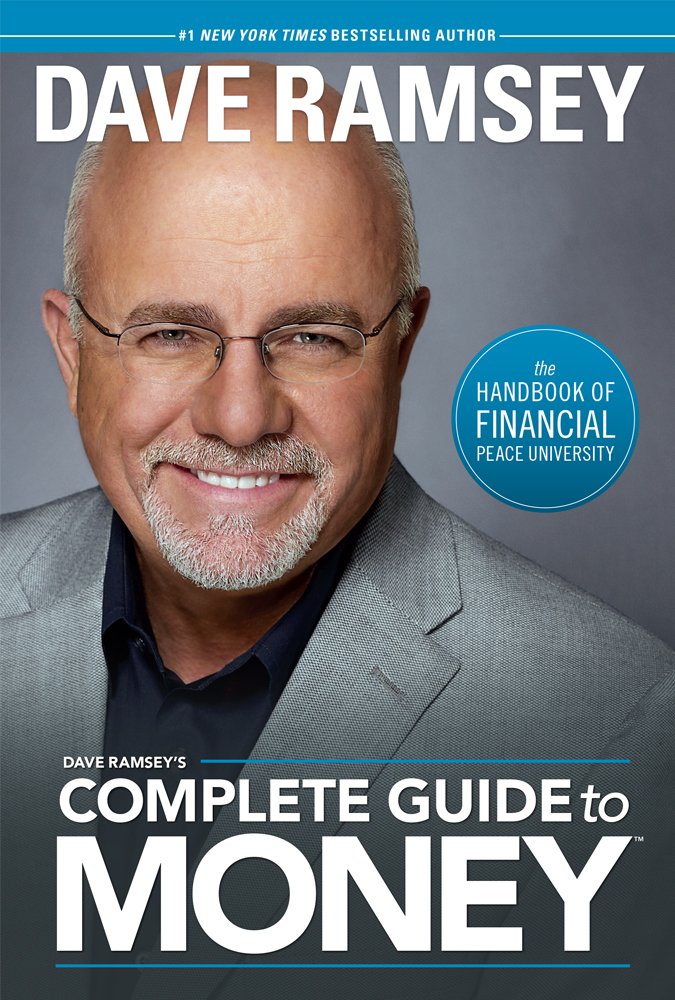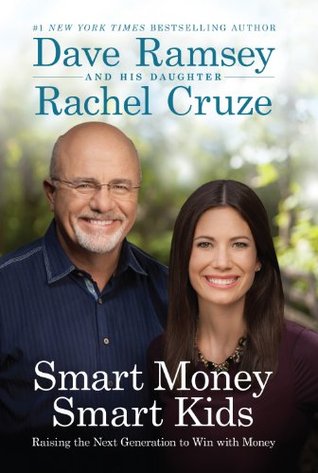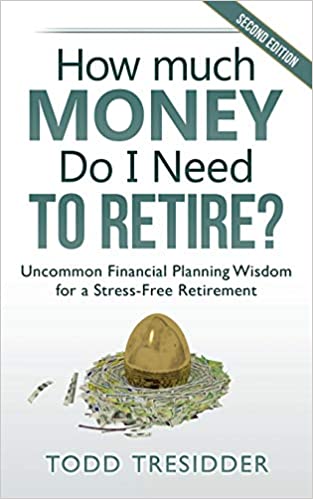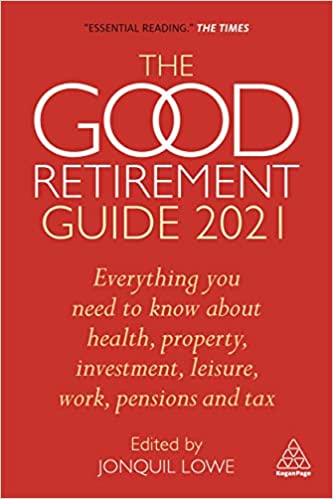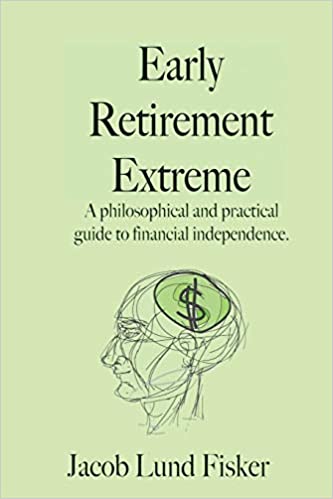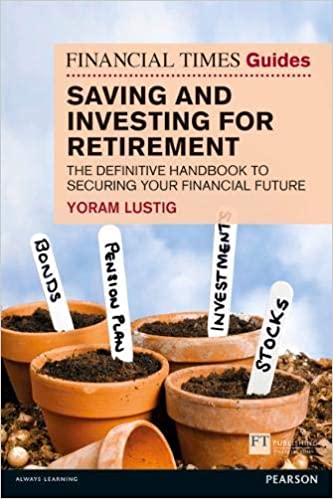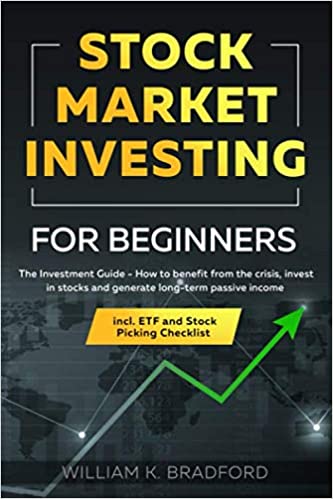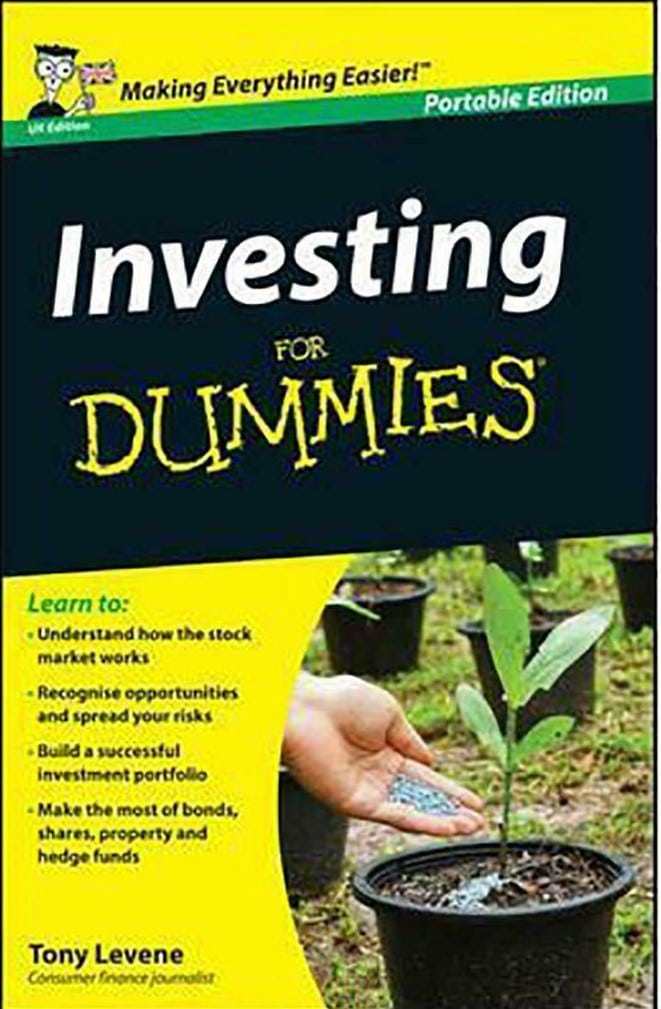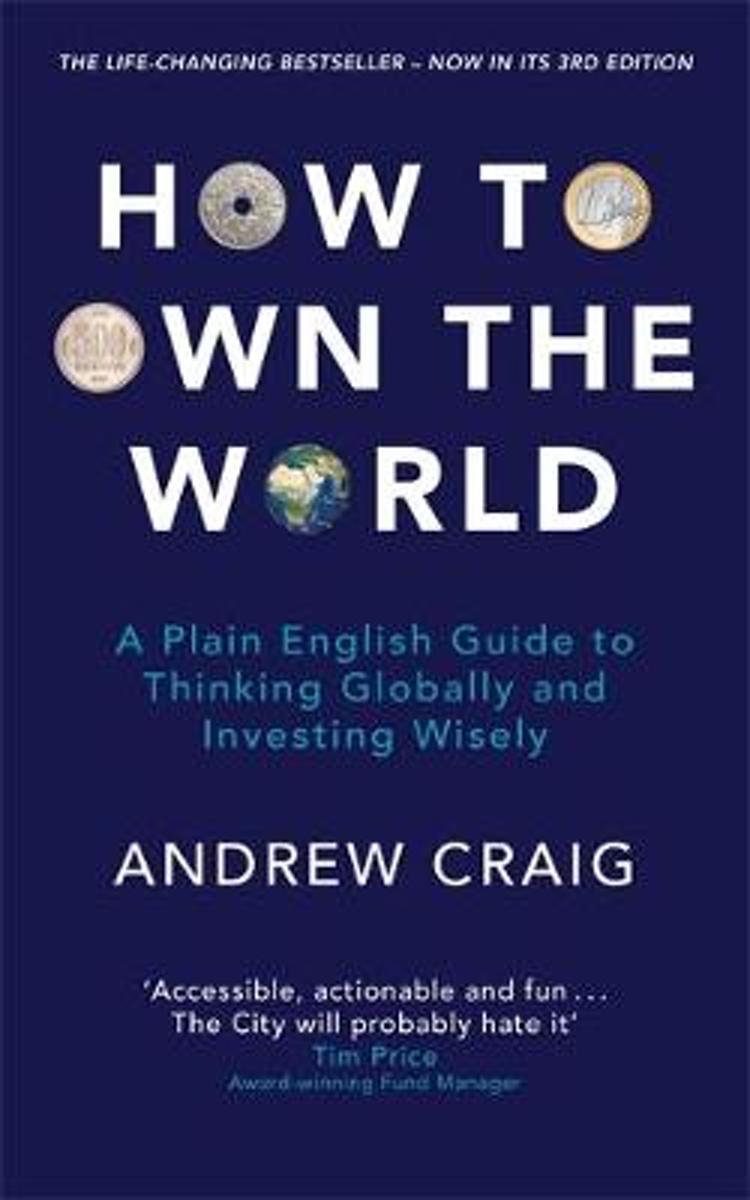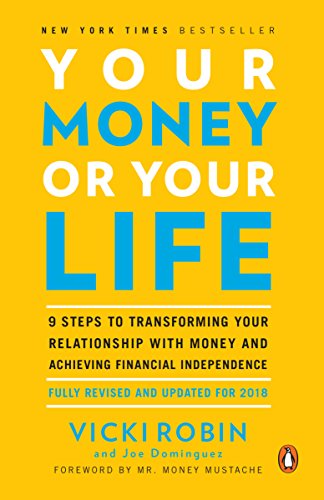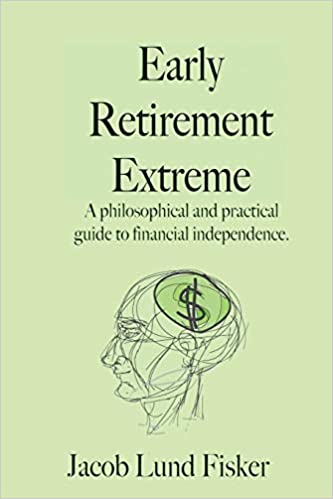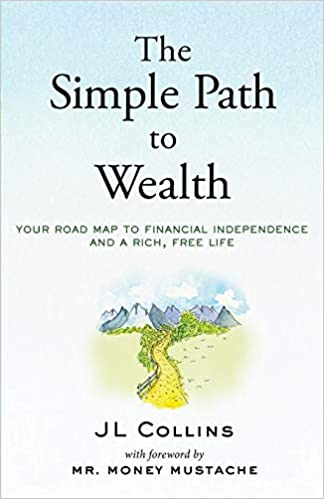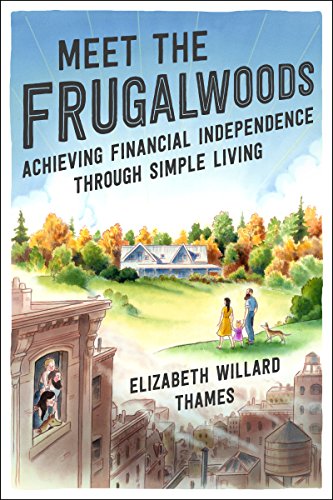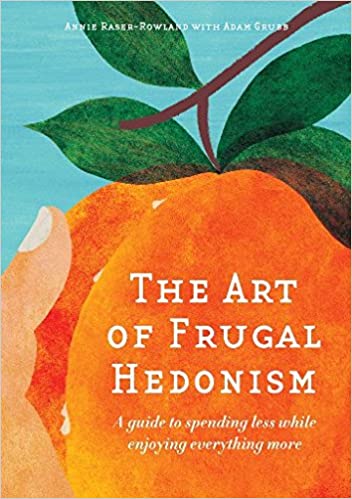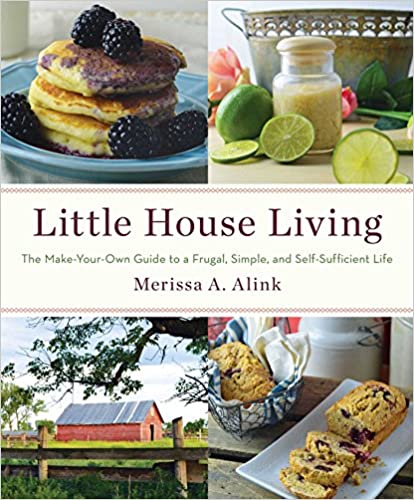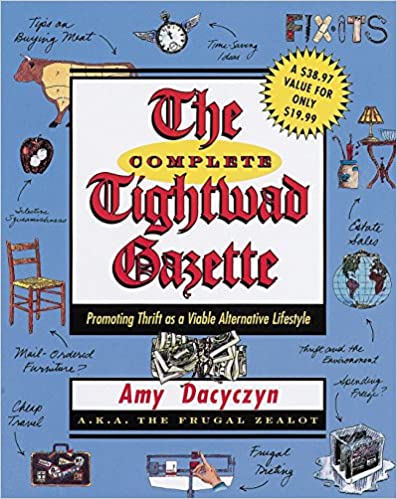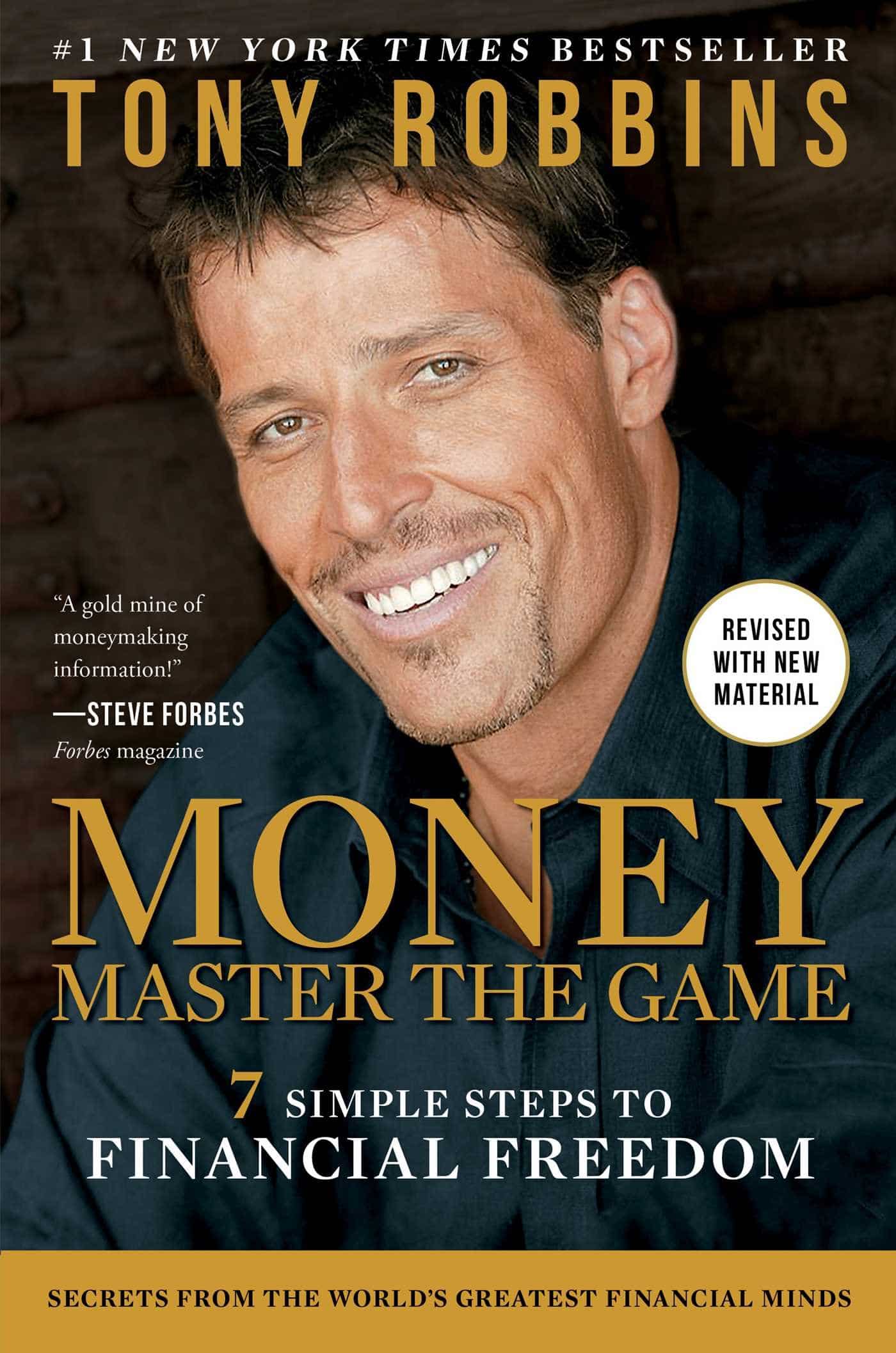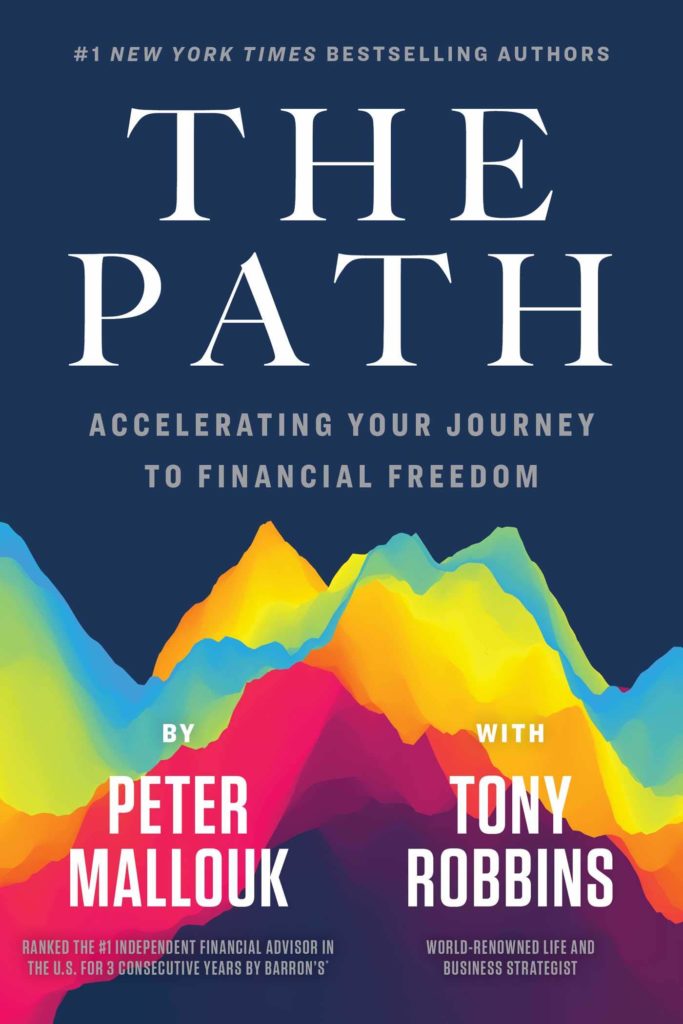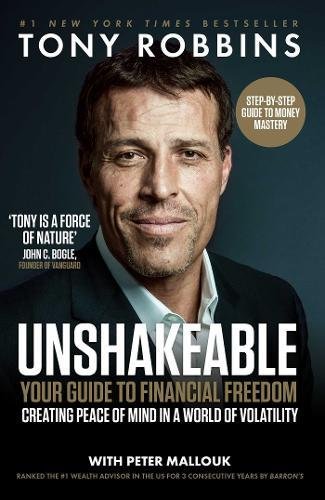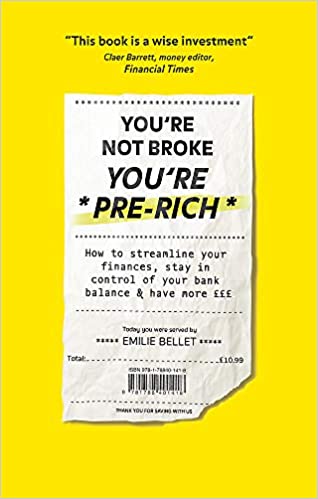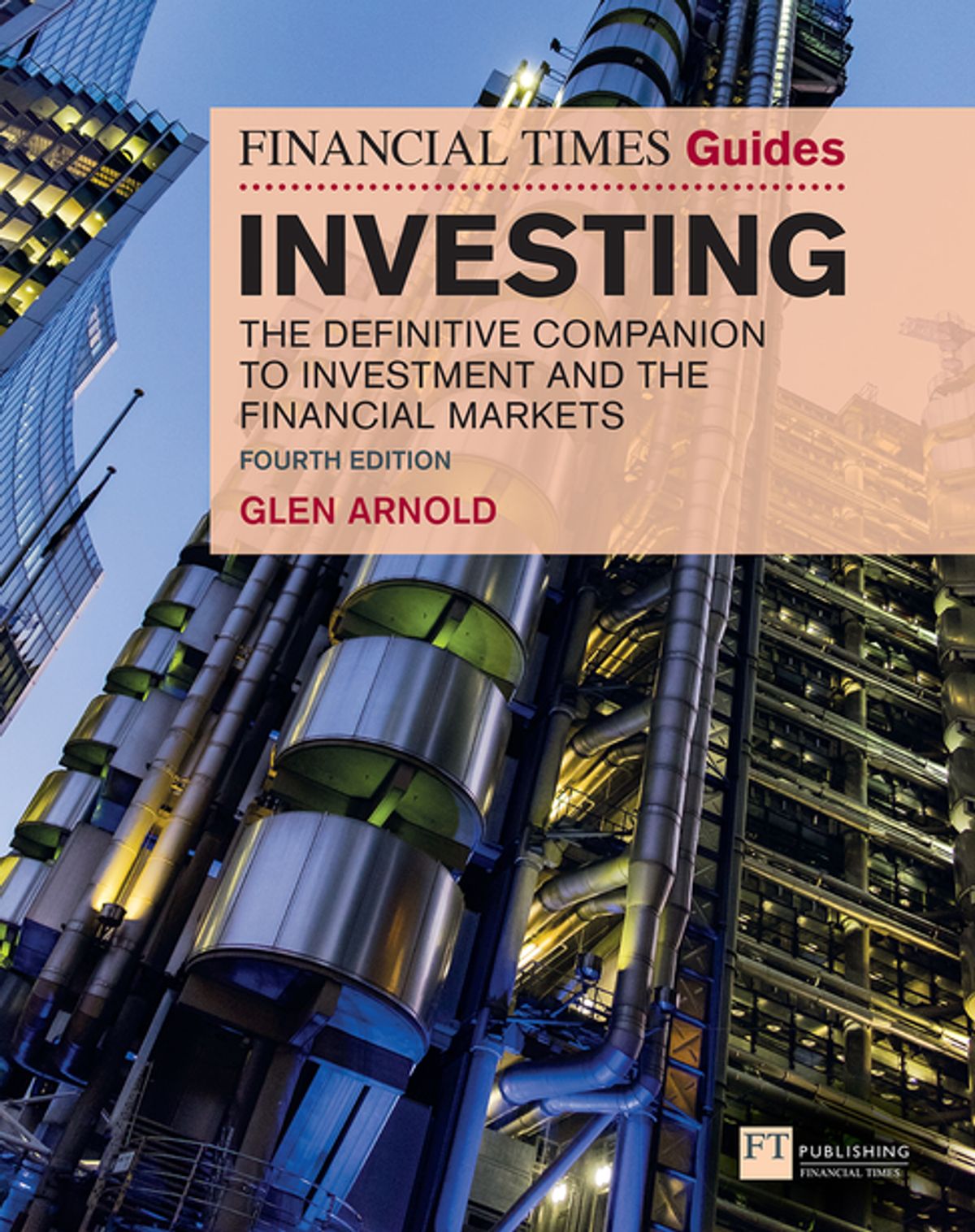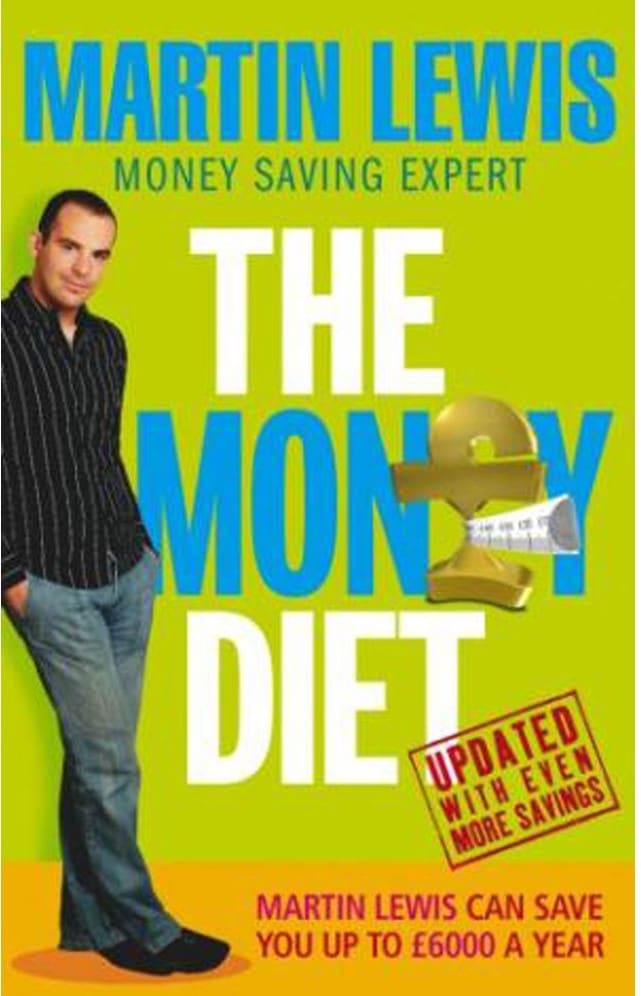Last updated: 28 December 2021.
Shortlists of the best saving money books are below
The best books about saving money, being frugal, and cutting costs are featured below. I've also featured some beginner titles about investing, because for many savers investing feels like the natural next step. Most of the books below can be read for free with Amazon's Kindle Unlimited free trial.
Click on any title below to see the latest price from Amazon, you'll be shocked at how affordable the most popular titles are. As an Amazon Associate, I earn a small commission from qualifying purchases which helps to support this site. This does not impact how I compile the list. Happy reading!
Discover prime books on investing and finance
No boundaries, just your curiosity- Invest with confidence
- Finance industries
- Real estate & real assets
- Exotic investments
- The bigger picture
Books reviewed
Financial Expert 2024 Book Awards
Gold Prize
Financial Times Guides: Investing by Glen Arnold
Books about saving money by Martin Lewis
Save more cash with these great books from the UK's Money Saving Expert Martin Lewis.Books about saving money by Dave Ramsey
Become debt-free in the UK with bestselling books from America's #1 finance guru Dave Ramsey.Saving money for your own retirement
These books focus on managing wealth to maximise income in retirementSaving money to become financially independent
The best selling books in the financial independence which have already proven their worthBooks about saving money by living frugally
Guides to cutting back to upgrade your monthly savings & investmentsBooks about saving money by Tony Robbins
If you're looking for financial motivation, look no further than inspirational speaker Tony Robbins.Download all these money-saving books about saving money for free with Kindle Unlimited
You DON'T even need a Kindle device to download booksHere's a useful tip that will save you £100+ on books about saving money. Sign-up to Amazon's Kindle Unlimited free trial, which offers access to all titles for free for 30 days.
- There's no obligation to continue with a paid subscription.
- You don't even need a Kindle to enjoy - any device will do.
If you're cost-savvy, you'll already be calculating the savings you could unlock and the knowledge you could gain by downloading 5 books over the next 30 days.
My Top 5 Books about Saving Money for 2022
Click covers to see latest reviews and prices1. Saving and Investing for Retirement (FT) - Yoram Lustig
Financial Expert Rating:
Synopsis:
"The Financial Times Guide to Saving and Investing for Retirement will lead you through a bewildering maze of financial tools and provide advice on crucial investment decisions. It provides everything you need to know about how to save and invest so that you can successfully plan for your retirement. It is packed with invaluable information on taxes, ISAs, pensions, investing across different assets and buying property.
The Financial Times Guide to Saving and Investing for Retirement will help you:
- Identify your financial objectives and work out how to achieve them
- Learn how to invest for a specific goal and time
- Find out about taxes and other rules that may impact your wealth
- Understand why it’s essential to be actively involved in managing your post-work income"
Who this book is for:
If you're looking to expertly manage your savings through to retirement, this guide is for you.
Most retirement planning books cover all bases with their content, which ultimately leaves fewer pages for the issues which are more appropriate for your circumstances.
This excellent title by Yoram Lustig will help you tackle the questions you may have when saving for your retirement, such as :
- What types of investments are most suitable for long term time horizons?
- How much risk is sensible in a pension fund versus a normal savings pot?
- How should a retirement portfolio evolve as the retirement date approaches?
Financial Expert Rating:
Synopsis:
"Money: A User’s Guide cuts through all the panic of personal finances. It will teach you how to get a great credit score, how to save hundreds on bills, and offer practical advice on every difficult conversation you’ve been avoiding including:
• Housing (for renters and buyers)
• Student Loans
• Pensions
• Paying off debt
• Stocks and shares
• Ethical investments
• Money and Mental health
• Money and Love
This essential book will give you the confidence and clarity to take back control of your bank account, enabling you to thrive in all areas of your life."
This personal finance book is for:
This concise and stylish Sunday Times Bestseller caught my eye with its interesting cover, but it's the content that kept me interested.
Money: A Users Guide is an entry level personal finance book designed to be the first (and potentially last) personal finance book you'll ever need.
Succinct chapters give the impression that this is a reference guide, rather than an essay to be read from start to finish.
Jump in and learn what you need to know to kick your personal finances into shape, then close the book. Easy!
This book would also be an excellent gift for any young adult looking to save up a deposit for a house purchase.
Financial Expert Rating:
Synopsis:
"This essential handbook will help debunk the financial jargon and break the money taboo. Packed with actionable tips and no-nonsense practical advice, You're Not Broke You're Pre-Rich will teach you how to make your savings work for you, how you could invest your money, why you need to understand your pension and why your financial health is just as important as your mental and physical health.
This indispensable manual will be your comprehensive guide to financial freedom, giving you the confidence and conviction to regain control of your bank balance and live a happier, richer life."
This personal finance book is for:
I absolutely love the tone and delivery that Emilie Bellet brings to this refreshing saving money book.
I mean the title really says it all, doesn't it? It hits you with an almost exuberant level of optimism, before you step back and realise that of course, with the right tools and tricks, we will all hopefully look back at our current situation and regard ourselves as simply being on the journey to becoming richer.
This book covers topics such as how to:
- Rent smart
- Buy a home
- Get a better salary
- Manage a credit card
- Understand your net worth / credit score
- Save more money
- Live within your budget
- Build a pension
- Invest
- Pay off your debt forever
Financial Expert Rating:
Synopsis:
"The Financial Times Guide to Investing is the definitive introduction to the art of successful stock market investing by debunking the myth that investing is only for the wealthy.
Bestselling author Glen Arnold covers the basics of what investors do and why companies need them, through to the practicalities of buying and selling shares and how to make the most from your money. Learn how to understand different types of investment vehicles, pick the right companies and understand their accounts so you can compile and manage a sophisticated portfolio.
The fourth edition of this investing classic has been thoroughly updated and will give you everything you need to choose your shares with skill and confidence."
This personal finance book is for:
I couldn't resist including my top pick from my best investing book guide.
A comprehensive guide for those who are serious about immersing themselves in the financial markets.
If you're new to investing, I personally recommend this book as the best resource for understanding:
- How the stock market works
- How companies report their results
- How shareholders fit in to this picture
Most investing books for beginners will focus on the experience of the individual; what do you need to buy, where do you buy it, and how long do you hold it for.
This title flips the equation by also revealing the inner workings of the investments themselves. This knowledge will help empower you. As a confidence booster, you can't do better than to fully grasp the technicalities of shares themselves.
Financial Expert Rating:
Synopsis:
"What we all need is detailed, no-nonsense Money Saving advice about organising credit cards, finding the cheapest deals for utilities, getting the best mortgage deals and how to haggle with every shopkeeper - in other words, how to make sure we're not wasting money.
Now with 100 extra Money Saving pages, in this edition of the bestselling The Money Diet, Martin Lewis shows you how to be canny with your finances, and provides clear-cut advice on how to pay bills, ways to cut spending, which banks to use and how to choose the best deals on an even greater range of products."
This personal finance book is for:
As I highlight in my guide on how to Retire at 50, the amount of wealth you can accumulate will be capped by your ability to cut back on spending.
This is why I've included this excellent title from legendary money-saver Martin Lewis in this personal finance books list.
This book serves as an excellent companion to the rest of the titles above. Most of all, it will help you increase the sums of money that you have available to invest in the first place!
Martin Lewis found widespread fame in the UK by founding MoneySavingExpert.com. A site which stood up to the unscrupulous practices of banks and lenders, help find savers great deals, and encouraged us all to get more for our money.
The Financial Expert™ Best Money Saving Book Challenge

I challenge you to read one money saving book per month and see if it revolutionises your investing style!
The Financial Expert™ Best Money Saving Book Challenge is a well-loved feature of this website.
Think of this - saving money comes naturally to some, and is more difficult for others.
If you're a struggling saver - you'll recognise this pattern:
Starting the month with a fresh budget and a clear plan on how much you want to save this month, to put towards a holiday fund, house deposit or so-on.
Then... life happens.
- Friends invite you to events which cost you far more than you anticipated.
- Something on your car breaks and needs an urgent repair
- In a low moment, you say 'screw it!' and treat yourself to a delivered meal on a Friday.
You take stock at the end of the month, and you're disappointed with the results.
How can you break this bleak cycle?
Savings books offer a partial answer
If we're trying to bridge any skill or behaviour, be it saving money or something simpler like say, learning to juggle, then we look for books and courses which will teach us that skill.
Only, subjects like saving money simply aren't as self-contained as an exercise like juggling.
Each of us has our own individual circumstances, such as our type of job, our commute, special needs like dietary or health complications, as well as an infinite number of family/relationship scenarios.
This means that no one book can claim to offer a complete solution to your life, in the same way that a financial adviser might.
This is why I created the Best Money Saving challenge. Here it is:
I challenge you to read one money-saving book per month for the next year, and find your new favourite!
The objective here is to experience the advice of not one, not two, but twelve different authors over the course of a year.
This isn't just about 'brushing up' on some money-saving tips, it has now become immersing yourself in money-saving lore. It's about learning multiple methods of how to save money.
Join a forum! Solicit ideas from your friends! Lean into the problem and attempt to become a master at developing the solution.
Some guidance
- I found it helpful to stock up on books for the next few months, so that when a new month rolls around, my next book was my bedside table asking to be opened!
- Consider pairing your reading with a savings app such as money dashboard.
- Pick a variety of styles. This will keep the challenge fresh and increase the diversity of opinion.
- Pick at least one book that you don't think you would enjoy, this book might be the one that surprises you the most!
- If you're time-starved, audiobooks are absolutely fine!
Where to begin?
My list of the best money-saving books above is as good as any place to start, as I have consciously included a mix of different writing and investing styles to ensure that it caters to a wide audience.
Good luck!
Saving money is a balance
"By sowing frugality, we reap liberty, a golden harvest."
Savers, particularly frugal and extreme savers (and I know there are a lot of you out there!) find that cutting costs and clinging to pennies is part of their DNA. However, cutting costs soon reaches a soft limit where quality of life begins to deteriorate.
At this point, decisions represent a trade-off between happiness now, and happiness later. The mindset might sound like this: "I know I'd enjoy spending more on a wider variety of foods and enjoy richer foods from time to time, but if I stick with this simple diet then in the future, I will be able to enjoy an even more awesome food lifestyle."
To these people, I offer my congratulations. The ability to delay gratification in this way, is one of the cornerstone behaviours which allowed our civilisation to thrive over the long term. Holding back on some food, and planting it in the ground in the hope that next year, the harvest would be even more bountiful, is just one example of how we managed to create the abundant world which we now live in.
However, temper that with the thought of a lady who lives alone in a small flat and eats only rice and beans and never frequents restaurants in a bid to save 80% of her income and retire early at 40. Imagine if this same woman sadly passes away before reaching that milestone. Did she have a good life? Did she make the right choice? On her deathbed, would she have regretted the way that she exercised so much control over spending that she effectively rejected a richer and vibrant life for all of her young years?
There's absolutely no right or wrong answer to this question, it's a value judgement and we must all find the level of spending and saving money which feels right to us and our circumstances.
We can expect that each book about saving money will take a more heavy-handed view on this judgement than I have in this article. After all, authors are experts with strong opinions that they wish to share. It's worth bearing in mind that no author understands your own circumstances, and only you are responsible for striking your own balance.
Investing books to avoid

"Using the solutions in this money-saving book, I took my £4.30 savings account to £100,000 in just 9 months!"Suspect testimonial
I deliberately avoided a whole sub-genre of money-saving when picking my favourites in this guide.
I gave a very wide berth to sensational get-rich-quick books.
You might know the type. They tend to:
- Focus on a single asset class
- Include a novelty factor
- Feature eye-catching claims about quitting your 9-5 job in a short time-frame and retiring early.
They're a love-or-hate genre.
To experienced savers and investors, get-rich-quick authors live and talk about a completely different world to the one we live in.
To attend a get-rich-quick seminar, you could be fooled into believing that there are many 'untapped' income streams just around the corner which (for some unknown reason) haven't been taken advantage of.
In the real world, wealth is created by taking a salary or by starting a real business and generating profits. The first being far easier than the second.
Unless a get-rich-quick book has a real and practical suggestion for which job to take or which business to start, then its words are effectively meaningless and won't map onto the real life choices that we all need to make.
Positivity, wishful thinking and the law of attraction are commonplace in these types of books. But unless that positive mindset is going to lead you to making a real life decision that will change your economic situation (such as changing career, cutting back on costs or making an investment) then it is difficult to see how it could possibly change your financial circumstances.
Some get-rich-quick books are more helpful than others. I recognise the need for books which encourage people to save, to invest and to plan for a better future. That's why I feature a listing of get-rich-quick books which I approve of in a separate page on this website.
I just want to encourage you to be sceptical, to engage your critical thinking and to avoid blurring the lines between detailed and practical guides to saving and investing, and those books which sell little more than a dream to people in desperate situations.
About this saving money books list
Financial Expert focuses mostly on buying shares and investing in property. However, the first step is saving that money in the first place.
Books about saving your money are a crucial source of information to help investors. This is the 'enabling skill' which will provide the money to invest in your investment portfolio. Saving money is a skill which is honed, rather than inherited.
I know people who take home £100k+ salaries who struggle to accumulate any savings. Yet I also know folks who earn in line with the national average, and still manage to save 1/3 of their income every month. It's incredibly subjective, highly dependent on your personal circumstances, but also mostly within your control.
This makes reading books about saving money a very rewarding experience. Unlike emerging markets books or economics books, saving money isn't really a 'theoretical topic'. Every saving tip or frugal piece of advice is a potential action for you to take.
Why saving money is worth the effort
Consider this: many enthusiastic investors spend exhaustive amounts of time, effort and money on investment research, and they tweak their investment portfolio on a weekly basis to try and generate an additional 1% - 4% annual return.
If their investment portfolio is worth 5 x their annual salary, then this is large enough for them to really leverage the fruits of their labour. But for the rest of the population who haven't amassed a pot of savings - it's a small return on the outlay. A small percentage on a small sum is not going to unlock financial freedom!
The low hanging fruit is to carve off a bigger slice of our monthly salary. If you earn £25,000 per year (net) then saving an extra 5% of your income means adding £1,250 to your savings. This should be the primary focus while your savings are modest.
Books about saving money help build the right habits for long term success
Personal finance is a long term game, perhaps the longest game we all play. Our opportunities, quality of life and the lifestyle options available to us are forever contingent upon how much money we have in savings and investments.
Over such a long time horizon, the results of very short-term money saving schemes or discounts are only a small blip. What really makes a difference over a lifetime are our long term behaviours and the fundamental ratios they drive such as:
- What % of your income do you manage to save?
- What % pay rise are you achieving annually on average?
These key ratios are driven by the big life decisions we make, such as our career and where or how we want to live.
With a few sound decisions, such as choosing a rewarding career, resisting the urge to always have a new car, and accepting a smaller home, you can make a huge impact on these ratios, which in turn will influence your savings rate for life.
Saving money books are great at helping you identify these key choices and guiding you through these decisions.
Explore the best books in more genres
General personal finance
Trading the financial markets



